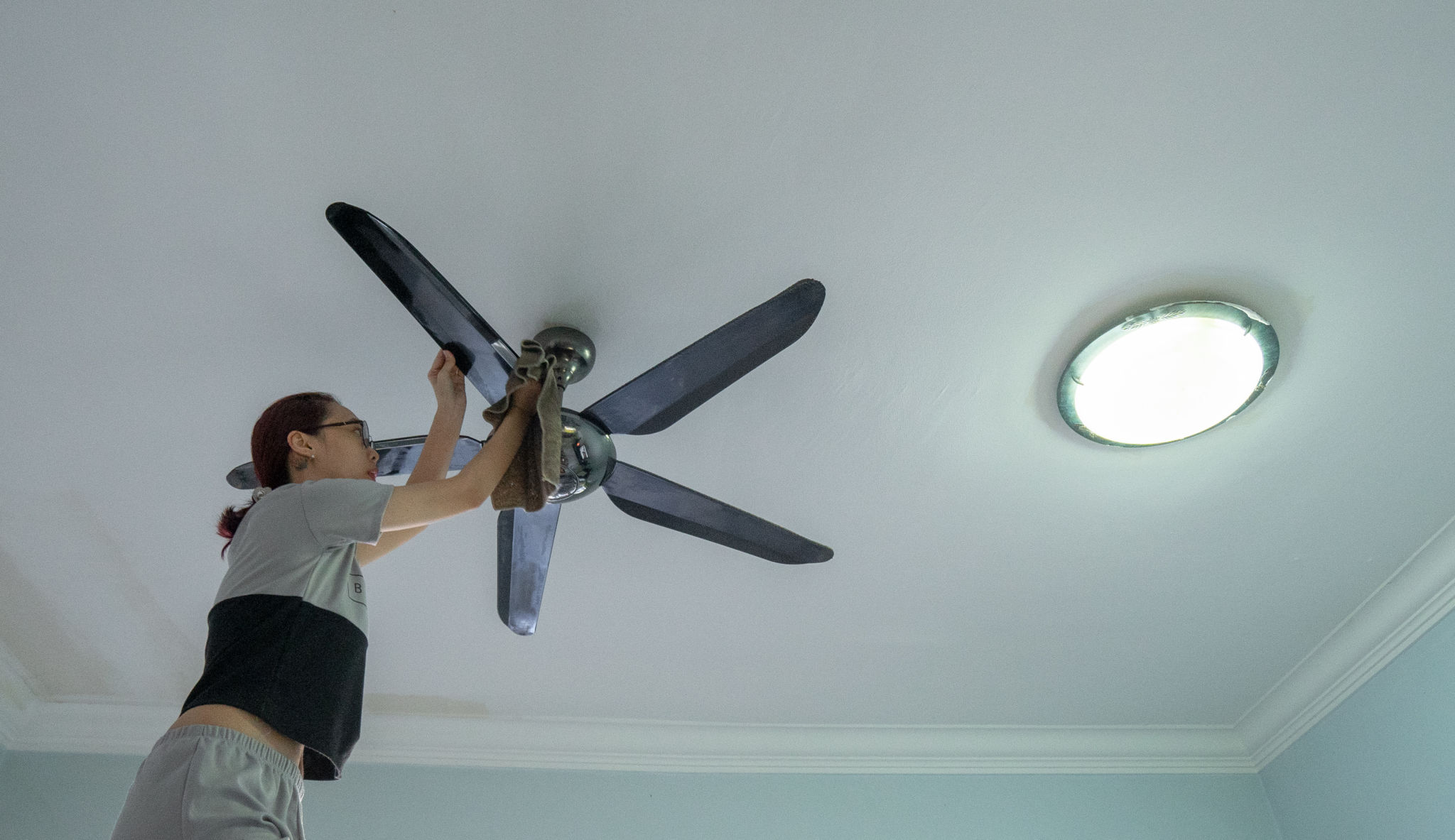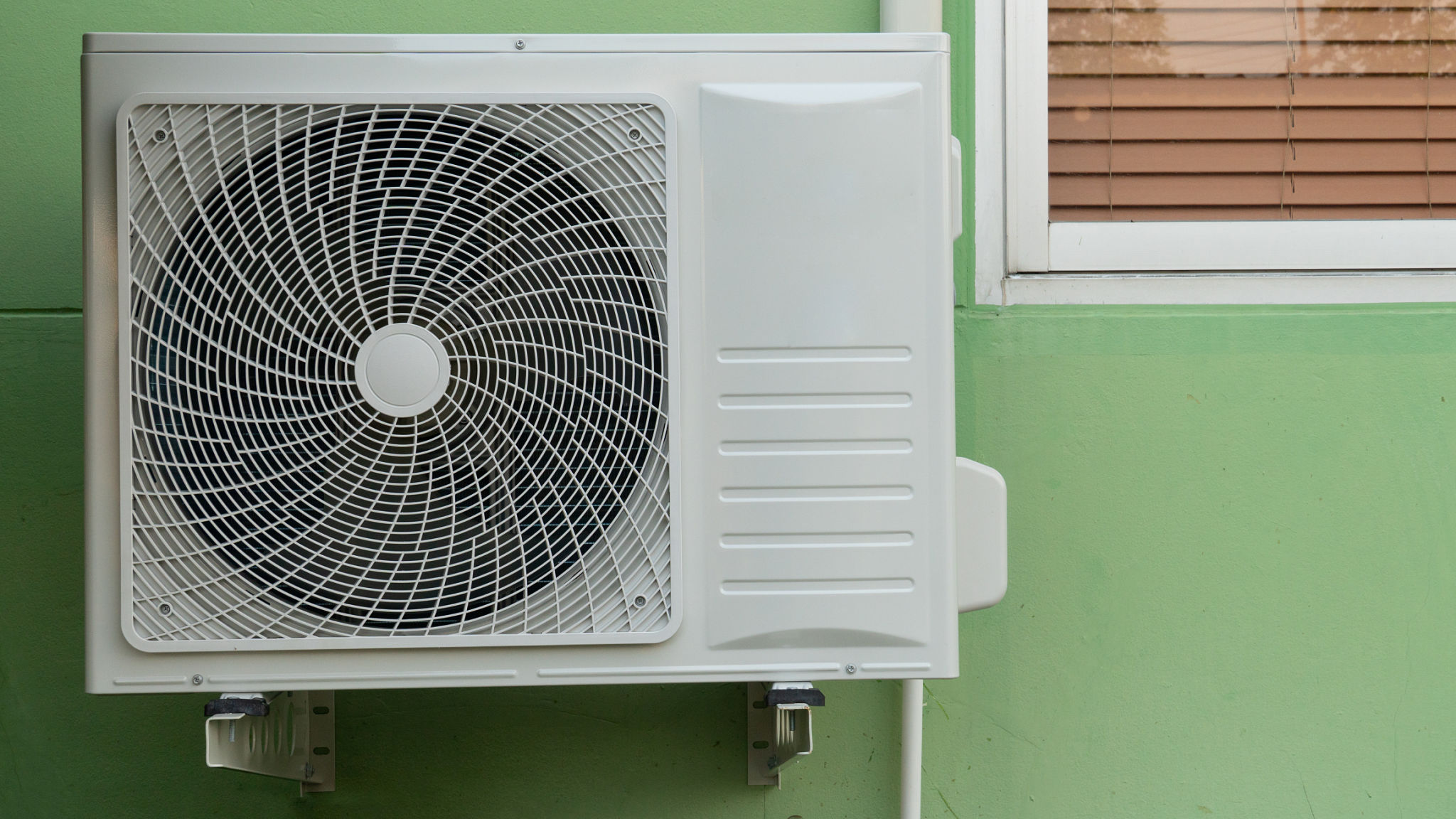How to Extend the Life of Your Home Appliances
QS
Regular Cleaning and Maintenance
One of the simplest yet most effective ways to extend the life of your home appliances is through regular cleaning and maintenance. Dust, dirt, and grime can accumulate over time, causing appliances to work harder and potentially overheat. Make it a habit to clean your appliances regularly, paying special attention to filters, vents, and coils.

For example, vacuum the coils under or behind your refrigerator every few months. This will help the appliance run more efficiently and prevent overheating. Similarly, make sure to clean the lint filter in your dryer after every use to avoid potential fire hazards and improve drying efficiency.
Follow Manufacturer Instructions
Each appliance comes with a set of manufacturer instructions that detail how to properly use and maintain the product. While it might be tempting to skip over this information, it's crucial for extending the life of your appliances. These instructions often include recommended cleaning intervals, correct usage practices, and troubleshooting tips.
By following the manufacturer's guidelines, you ensure that you're using the appliance as intended, which can help prevent avoidable wear and tear. Additionally, adhering to these instructions may be necessary to keep your warranty valid.
Don't Overload Appliances
Overloading appliances like washing machines and dishwashers is a common mistake that can significantly shorten their lifespan. When you overload these machines, they have to work harder, which can lead to premature wear and tear on the motor and other components.

Instead, stick to the manufacturer's load recommendations. Not only will this help extend the life of the appliance, but it can also improve its performance, ensuring that your clothes and dishes come out cleaner.
Use Appliances Efficiently
Using appliances efficiently not only conserves energy but also prolongs their lifespan. For instance, when using your oven or stove, try to cook multiple dishes at once to reduce the number of times you need to turn it on. Similarly, run your dishwasher only when it's full to minimize water and energy use.
For refrigerators, keep them stocked but not overfilled to maintain proper airflow. This helps the refrigerator maintain a consistent temperature without overworking the compressor.

Perform Routine Checks
Routine checks are essential for spotting potential issues before they become significant problems. Regularly inspect hoses, seals, and other components for signs of wear or damage. For instance, check washing machine hoses for cracks or leaks and replace them if necessary.
It's also a good idea to listen for unusual sounds or changes in performance. If you notice something off, address it promptly to prevent further damage.
Invest in Quality Repairs
When an appliance breaks down, it might be tempting to opt for a quick fix. However, investing in quality repairs by a certified technician can save you money in the long run. Professional repairs ensure that the job is done correctly and that any warranty remains intact.
Remember that regular servicing can also be part of maintenance. Schedule annual check-ups for critical appliances like heating systems to ensure everything is in working order.
